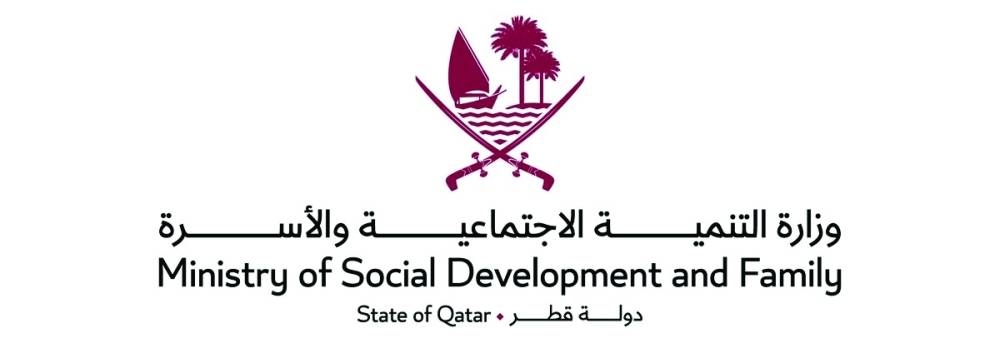The State of Qatar affirmed commitment to continue promoting and protecting the rights of the elderly, prioritizing them in its comprehensive social policies, enabling them to participate in public life, and providing the best services and care to ensure a decent life for them in their society. This came in the State of Qatar's statement delivered by director of the social welfare department at the Ministry of Social Development and Family Reem Al Ajmi before the thirteenth United Nations session of the "Open-ended Working Group on Aging", which is being held at the United Nations headquarters in New York.
Al Ajmi noted the focus of this session on issues of the right to health, health services and social inclusion for the elderly, which have faced great challenges since the beginning of the Covid-19 pandemic.
The State of Qatar attaches great importance to protecting and promoting the rights of the elderly, as they are an integral part of the fabric of the family and Qatari society, and as the percentage of citizens over the age of 65 is 2% of the population, she said.
She indicated that the state has taken many measures at the legislative and executive levels to implement their rights within the framework of integrated social development policies, which are based on national references, foremost of which is the permanent constitution of the State of Qatar, Qatar National Vision 2030, and development plans and strategies.
She said that the elderly were included among the groups that have great priority in the state's policies in the social, health, economic and other fields through the work of the national committee for women, children, the elderly and persons with disabilities that was established in 2019 and headed by the Minister of Social Development and Family.
The aforementioned committee undertakes several tasks, including proposing the necessary ways to promote and follow up the achievement of the goals stipulated in international conventions and covenants related to different groups, including the elderly, she noted.
On health care policies and services for the elderly, the Director of the Social Welfare Department at the Ministry of Social Development and Family pointed out that the state provides a comprehensive and specialized health care system, and it can be obtained in both the public and private sectors, noting that this primary care is provided free of charge in the public sector through several non-profit medical institutions such as Hamad Medical Corporation.
Al Ajmi noted the cooperation and integration between the government sector and civil society institutions in providing services to the elderly, such as the Center for Empowerment and Care of the Elderly (Ehsan), which provides various health and social care services to the elderly - citizens and residents alike - in the State of Qatar.
In a related context, she also affirmed Qatar's keenness on the issue of social inclusion of young people to participate effectively in family and community activities by organizing and implementing programs designed to help integrate them into society.
At the regional and international levels, she said, the State of Qatar attaches great importance to the elderly in relief programs and development assistance, referring in this context to the efforts of the Qatar Red Crescent Society, which provides health and social care services and relief services in more than 14 countries around the world.
Concluding her speech, Al Ajmi stressed Qatar's commitment to continue its efforts to promote and protect the rights of the elderly, work towards their integration into society and ensure their engagement in the process of building and development at all levels.

